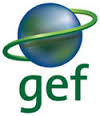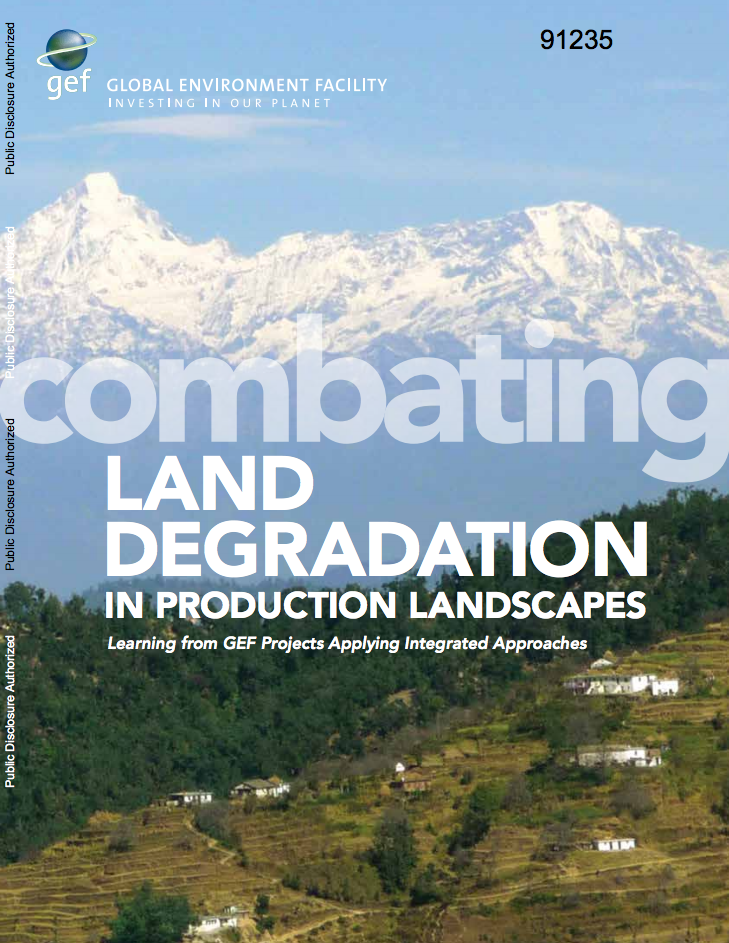Location
The Global Environment Facility (GEF) was established on the eve of the 1992 Rio Earth Summit, to help tackle our planet’s most pressing environmental problems. Since then, the GEF has provided $14.5 billion in grants and mobilized $75.4 billion in additional financing for almost 4,000 projects. The GEF has become an international partnership of 183 countries, international institutions, civil society organizations, and private sector to address global environmental issues.
The GEF’s 18 implementing partners are: Asian Development Bank (ADB), African Development Bank (AFDB), Development Bank of Latin America (CAF), Conservation International (CI), Development Bank of Southern Africa (DBSA), European Bank for Reconstruction and Development (EBRD), Foreign Economic Cooperation Office - Ministry of Environmental Protection of China (FECO), Food and Agriculture Organization of the United Nations (FAO), Fundo Brasileiro para a Biodiversidade (FUNBIO), Inter-American Development Bank (IDB), International Fund for Agricultural Development (IFAD), International Union for Conservation of Nature (IUCN), United Nations Development Programme (UNDP), United Nations Environment Programme (UNEP), United Nations Industrial Development Organization (UNIDO), West African Development Bank (BOAD), World Bank Group (WBG), World Wildlife Fund U.S. (WWF).
The GEF serves as financial mechanism for the following conventions:
- Convention on Biological Diversity (CBD)
- United Nations Framework Convention on Climate Change (UNFCCC)
- Stockholm Convention on Persistent Organic Pollutants (POPs)
- UN Convention to Combat Desertification (UNCCD)
- Minamata Convention on Mercury
- The GEF, although not linked formally to the Montreal Protocol on Substances That Deplete the Ozone Layer (MP), supports implementation of the Protocol in countries with economies in transition.
The GEF administers the LDCF and SCCF which were established by the Conference of the Parties (COP) to the UNFCCC. The GEF also administers the Nagoya Protocol Implementation Fund (NPIF) that was established by the Convention on Biological Diversity (CBD). In addition, the GEF Secretariat hosts the Adaptation Fund Board Secretariat.
Members:
Resources
Displaying 16 - 20 of 41Combating Land Degradation in Production Landscapes : Learning from GEF Projects Applying Integrated Approaches
During the Fifth Replenishment Phase of
the Global Environment Facility (GEF-5), portfolio
monitoring and learning review were introduced as key
components of knowledge management in the GEF Secretariat.
These strategies were intended to address the need to
generate knowledge on innovative practices, experiences, and
lessons from projects financed by the GEF. In that regard,
the Land Degradation focal area strategy for GEF-5
OPS3 - Progressing toward Environmental Results : Third Overall Performance Study on the GEF, Complete Report
The purpose of the Third Overall Performance Study (OPS3), commissioned by the Global Environment Facility (GEF) Council, is "to assess the extent to which GEF has achieved, or is on its way towards achieving its main objectives, as laid down in the GEF Instrument and subsequent decisions by the GEF Council and the Assembly, including key documents such as the Operational Strategy and the Policy Recommendations agreed as part of the Third Replenishment of the GEF Trust Fund." (GEF/C.23/4) The OPS3 team recognizes that this study is taking place at a critical time and will provide input that
Mainstreaming Biodiversity in Production Landscapes
This volume contributes to broadening
the understanding and application of the concept of
mainstreaming biodiversity. It captures the inputs to, and
findings of an international workshop held in Cape Town,
South Africa, in September 2004 on Mainstreaming
Biodiversity in Production Landscapes and Sectors. The aims
of the workshop were to: determine an operational definition
of the concept of mainstreaming biodiversity in production
The Role of Local Benefits in Global Environmental Programs
This study analyzes the
interrelationship between local benefits and global
environment benefits in the Global Environment Facility
(GEF) strategies and projects in order to: Enhance GEF
policies, strategies, and project design and implementation
so these can effectively promote the potential for local
gains in those global environmental programs where actors
need to be mobilized for long-term support of sound
OPS3 - Progressing toward Environmental Results : Third Overall Performance Study of the Global Environmental Facility, Executive Version
The purpose of the Third Overall
Performance Study (OPS3), commissioned by the Global
Environment Facility (GEF) Council, is "to assess the
extent to which GEF has achieved, or is on its way towards
achieving its main objectives, as laid down in the GEF
Instrument and subsequent decisions by the GEF Council and
the Assembly, including key documents such as the
Operational Strategy and the Policy Recommendations agreed



